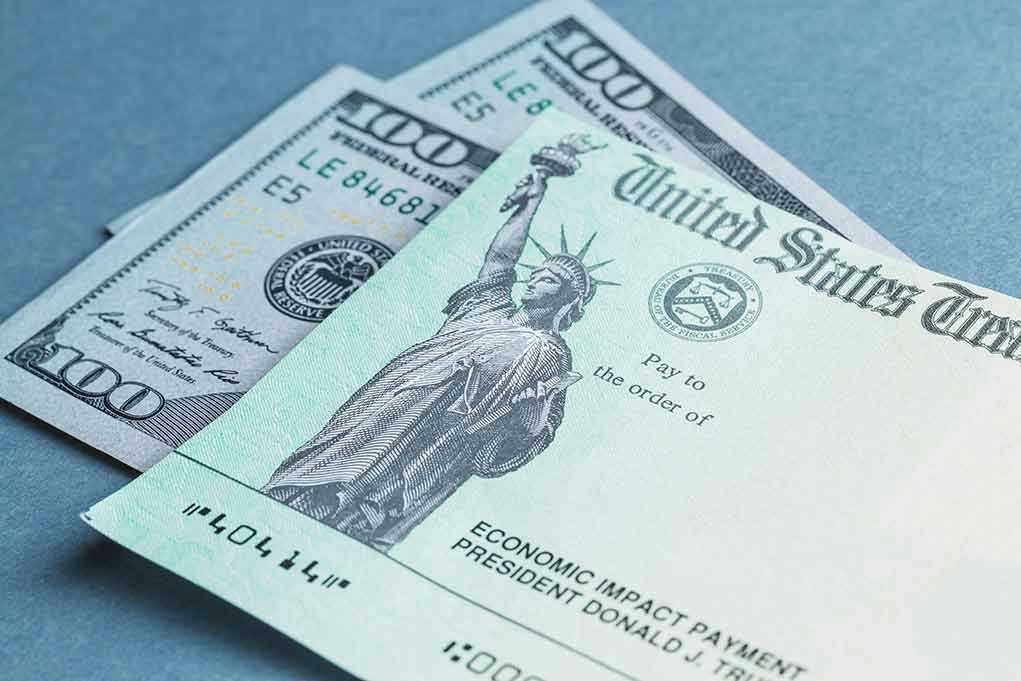
President Trump’s proposal to send direct tariff rebate checks to Americans promises economic relief without deficit spending—if Congress signs off, but critics warn it could fuel inflation and deepen partisan divides.
Story Snapshot
- Trump’s tariff rebate plan offers up to $2,400 per family, funded solely by new tariff revenue
- Congressional debate centers on inflation, fiscal responsibility, and trade policy impacts
- The IRS confirms $1,390 checks from a separate relief program, while the tariff rebate awaits Senate approval
- No final vote or timeline for the American Worker Rebate Act as of August 18, 2025
Trump’s Tariff Rebate Proposal: Economic Relief Without Deficit Spending
In July 2025, President Donald Trump publicly floated the idea of distributing tariff rebate checks to American taxpayers, marking a significant shift in how trade policy intersects with household finances. Unlike previous stimulus programs, this proposal would be funded entirely by tariff revenues generated from Trump’s aggressive trade policies, not by borrowing or direct outlays from the Treasury. The plan, modeled on Senator Josh Hawley’s American Worker Rebate Act, could deliver $600 per adult and dependent, or $2,400 for a family of four, with amounts potentially rising if tariff collections continue to surge.
These direct payments are positioned as both economic relief and a political answer to critics who argue tariffs drive up costs for American consumers. Supporters assert that returning this revenue to taxpayers not only softens the impact of higher prices but also demonstrates that tough trade enforcement can have tangible benefits for working families. As of August 2025, total tariff revenues have exceeded $100 billion, creating a substantial pool from which rebates could be issued if Congress grants approval.
Congressional Debate: Fiscal Responsibility and Inflation Concerns
Senator Josh Hawley has formally introduced the American Worker Rebate Act to codify Trump’s proposal, but congressional reaction remains sharply divided. Fiscal conservatives, including Senators Rand Paul and Bernie Moreno, voice concerns about potential inflationary effects and stress the need to prioritize debt reduction over new spending. Moreno warns that rebates funded by tariffs risk being “extraordinarily inflationary,” potentially undermining the purchasing power of the very families the program targets. Meanwhile, some lawmakers argue that the plan could entrench tariffs as a permanent fixture of U.S. economic policy, with long-term consequences for trade relationships and domestic industry competitiveness.
The IRS has confirmed that $1,390 checks are being distributed from a separate relief program, leading to some public confusion about which payments stem from tariff revenue. This distinction is crucial, as the tariff rebate proposal itself remains pending Senate approval. No final vote or implementation timeline has been announced, and congressional debate continues over the best use of the funds amassed through the expanded tariff regime.
Impact on Families, Industries, and the Political Landscape
If enacted, the tariff rebate would deliver direct cash infusions to households, potentially boosting consumer spending and providing relief to families grappling with cost-of-living pressures. Lower- and middle-income taxpayers stand to benefit most, but opponents caution that increased tariffs may drive up prices for imported goods, offsetting the gains from rebate checks. Importers and manufacturers reliant on foreign inputs could face higher costs, adding volatility to sectors already strained by global supply chain disruptions.
Politically, the proposal is likely to be a flashpoint in the 2026 midterms and the 2028 presidential race. Supporters frame the rebate as a fair return of tariff revenue, while critics warn of fiscal irresponsibility and the risk of normalizing tariffs as a government revenue source. The policy’s fate now rests with Congress, as lawmakers weigh economic stimulus against concerns over inflation and long-term fiscal health.
Expert analysis remains divided. While some economists acknowledge the short-term benefits of direct rebates, many stress that such measures do not resolve the fundamental distortions created by tariffs or address the broader challenge of fiscal management. As the debate unfolds, American taxpayers, policy experts, and industry leaders watch closely, aware that the outcome will signal not just economic relief, but also the direction of U.S. trade and fiscal policy for years to come.

















